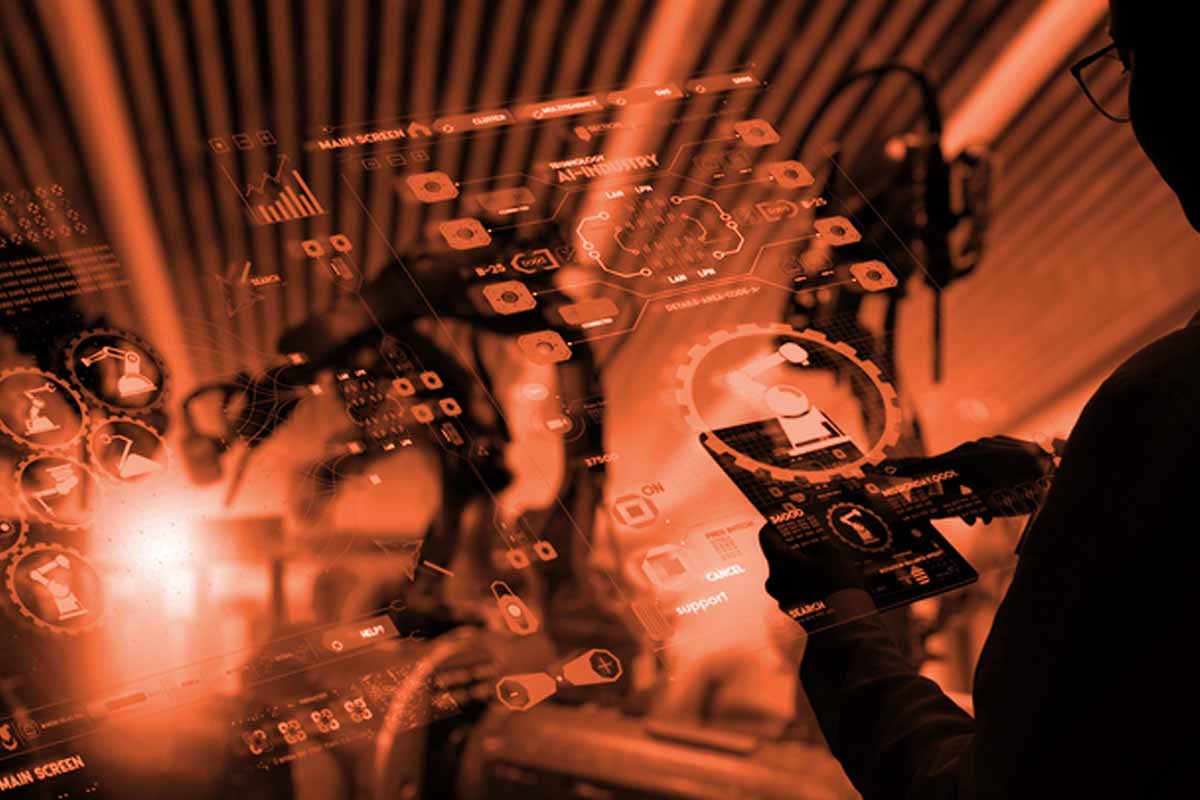If there is one thing that is clear for all kinds of companies, it is that effective resource management today is critical and, in many cases, can make the difference between success and failure. This is true in all fields, but particularly in manufacturing, where better management of logistics, raw materials and supplies has an extremely significant impact on margins and productivity. ERP systems already offer an excellent tool for optimizing management, yet a key junction remains: Having more data available means making better choices. The paradox is that in many cases these data are already located within the enterprise. Machine outputs, process information and monitoring data can be easily collected, and converged into a database, through industrial IoT. This integration between ERP and IoT offers a number of considerable benefits. Let’s look at some of them.
ERP and IoT: a quantum leap in management
The first benefit we want to focus on is actually a paradigm shift that involves, in various ways, all the improvements that IoT integration in our ERP introduces. In some ways it is connected to the very concept of the Smart Enterprise that data collection via industrial IoT brings. It is about transforming our business, and processes, from responsive to proactive.
Collecting data intelligently and processing it with advanced analytics tools means having predictive tools available that would otherwise be unthinkable, ranging from the possibility of financial forecasting to the implementation of predictive maintenance. In short, with data collected through IoT and integration with ERP, the company has the potential to stop having to react to events once they occur and begin to Move preemptively when the data suggest they are about to happen.
A true paradigm shift, which brings with it levels of optimization and efficiency that would have been unthinkable without having the right data. But not only that.
The benefits of integrating IoT data with ERPs
Now that we have seen what in many ways is the underlying theme of the use of IoT data in ERP systems, let’s look in more detail at what improvements it takes the form of.
First of all, having a continuous and reliable flow of data allows the company to carry out real-time analytics and controls, enabling both monitoring operations and better planning, both at the marketing and operations level. Not to mention that by having a substantial amount of data at your disposal, you can also be assisted in this type of analysis by artificial intelligence and machine learning tools.

In addition, integration between ERP and IoT also ensures better data quality: the direct (and secure) connection between different types of sensors and the database reduces the number of manual movements and lowers error margins.
Increased efficiency
Other key benefits relate to improved efficiency. The flow of data from machinery, equipment, logistics, and so on can be used to automate tasks such as compiling the cargo loading and unloading records, the inventories, the management of shipments, the orders and generally everything related to data entry. All of this has a huge positive impact onoperational efficiency: all the professions within the company will see the load of internal bureaucracy drastically reduced. Taking it a step further and integrating ERP, MES and IoT can extend the benefit to supply chain management aspects as well, from goods flow management to maintenance, effectively reducing downtime and bottlenecks.
Sign up to the webinar Steel Process and Data Connection | Tuesday, November 30 at 10:30 a.m.
Everything data can do, at its best
We have deliberately focused on two macro-areas more closely related to the benefits of integration between ERP and IoT that have the greatest impact on the practical aspects of business management. However, it is worth mentioning that implementing a established supply chain for data collection and management also has several implications regarding the data itself.
First of all in terms of communication efficiency, but also in terms of the possibility of forecasting of various kinds, all the way to the different types of monitoring, from simple management control to product quality verification.
A space to talk about integration between ERP and IoT
We have seen the main practical and organizational benefits of IoT and ERP integration. However, this is a topic that would undoubtedly deserve more detailed insights, success stories, and a forecast of what will happen in the coming years. That is why we will discuss it in a podcast produced in collaboration with SAP, due out on December 2, 2021, from the title ERP-IoT integration for faster, data-richer and more responsive production processes. Stay tuned!
